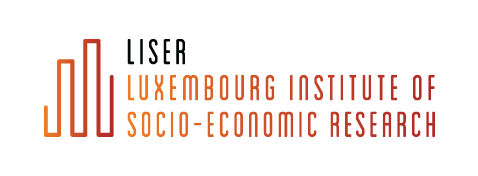Détails du projet
Description
Universal Health Coverage (UHC) policy introduce in Senegal in 2013 and was design to reduce out-of--pocket payments and 'offers the most disadvantaged people the possibility of benefiting from health coverage'. However, it has been observed that, people forgo healthcare including those under UHC. The objective of this project is to characterise unmet needs of healthcare in Senegal, to identify the specific causes and to assess the role played by UHC scheme in this context.
The project will contribute to the Sustainable Development Goal 3 on Good health and well-being. It will help identify the root causes of forgoing health care in Senegal and help design policies to progress toward the goal by 2023.
The project will shed light on factors that prevent people covered with a health insurance scheme to use health care service. The government is promoting UHC as a key element of providing health care to all. This policy builds on the idea that people with health insurance would seek health care. This hypothesis is been challenged and we have to identity concomitant policies to implement along the way. This will also give the opportunity of discuss the effectiveness and relevance of current UHC packages.
The project will identify individual and social norms on the use of health care services. It will also explore the type of interventions that could change these norms. . This is very important in the Senegalese context where self-medication and visits to traditional healers is still pervasive.
The project will also suggest the sets of diseases that are prone to forgoing healthcare and help to design a healthcare policy that target those diseases specifically
| L'acronyme | USeng |
|---|---|
| statut | Fini |
| Les dates de début/date réelle | 1/06/23 → 31/08/23 |
Financement
- Luxembourg Institute of Socio-Economic Research LISER
